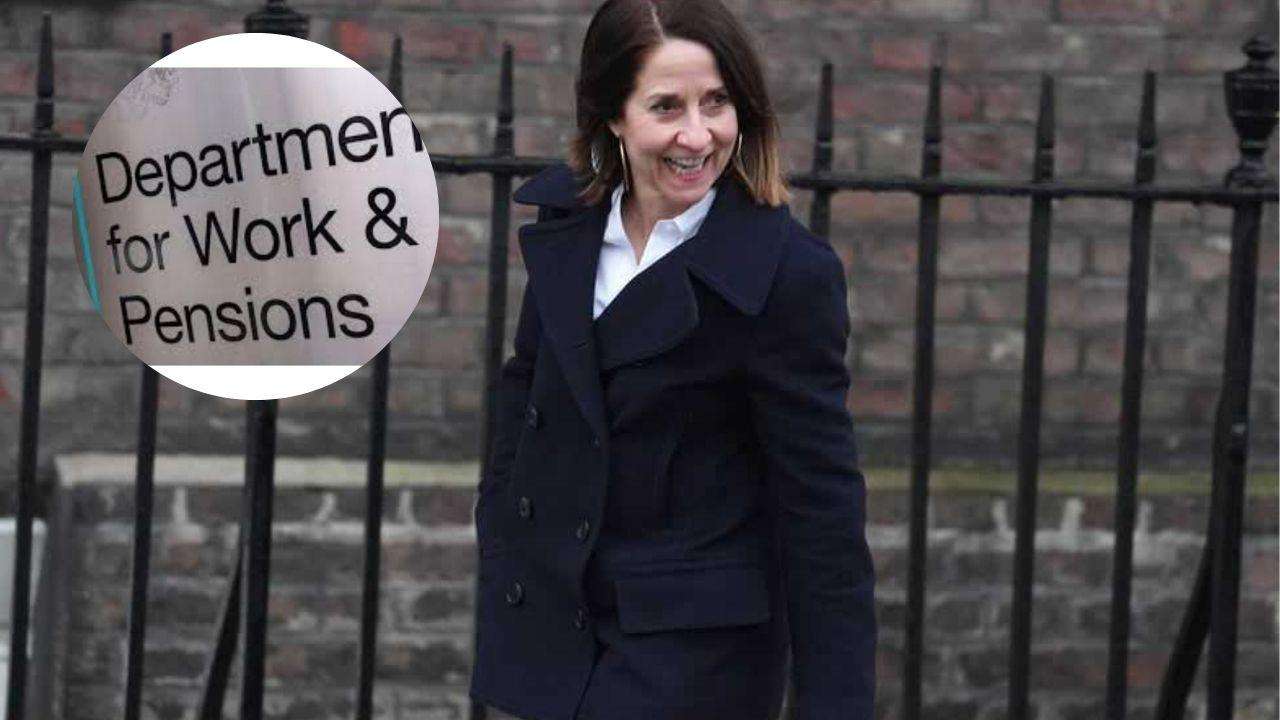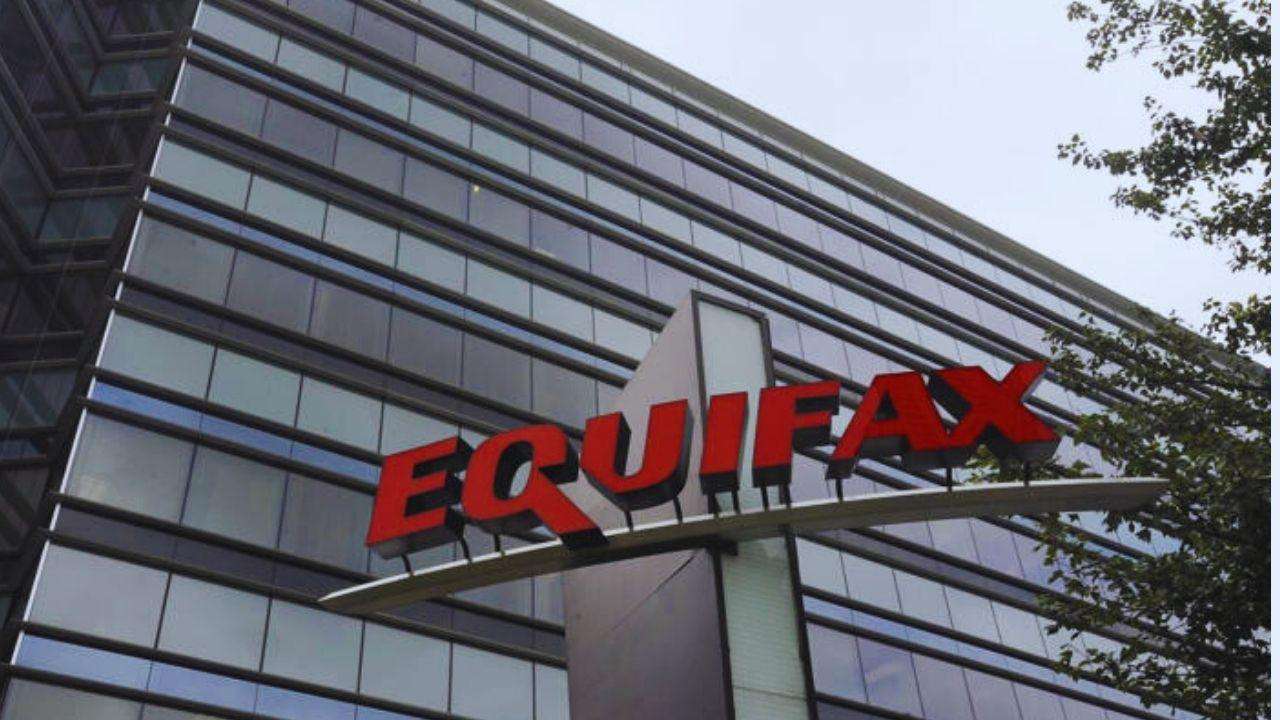More than half a million benefit claimants had their payments stopped last year as the Government intensified its crackdown on sanctions.
According to the Department for Work and Pensions (DWP), a total of 602,000 claimants faced sanctions between November 2023 and October 2024. The sanction rate peaked in October 2024, reaching its highest-ever level, with 61,527 individuals seeing their benefits reduced or completely withdrawn.
Despite this, the sanction rate for Universal Credit fell to 5.6% in October 2024, a 1.6% drop from November 2023. However, over 500,000 people had their payments cut or paused after failing to attend a mandatory interview with a Jobcentre work coach.
Additionally, 24,870 claimants were penalized for refusing to work, while 15,340 had their payments adjusted after missing employment program appointments. Around 8,400 individuals were sanctioned for failing to provide a valid reason for leaving their job.
Benefit recipients must meet certain conditions, such as actively seeking work and attending required appointments. The severity of sanctions depends on which requirements a claimant fails to meet.
Payments may be suspended if individuals do not properly search for or apply to jobs, decline a job offer, or leave a position without a valid reason. Refusing a job offer results in the strictest penalties, while quitting without a "good" reason also leads to sanctions. However, the definition of a "good" reason remains unclear.
Universal Credit claimants can also face cuts for being late to appointments or interviews at Jobcentres, whether conducted in person or over the phone. These meetings often involve discussions about job search progress and employability.
Failure to update personal details—such as working hours or the number of dependent children—can also result in sanctions.
Claimants who believe they have been unfairly penalized can request a "mandatory reconsideration" from the DWP within one month of receiving their sanction notice.


_7.jpg)

_8.jpg)



.svg)


